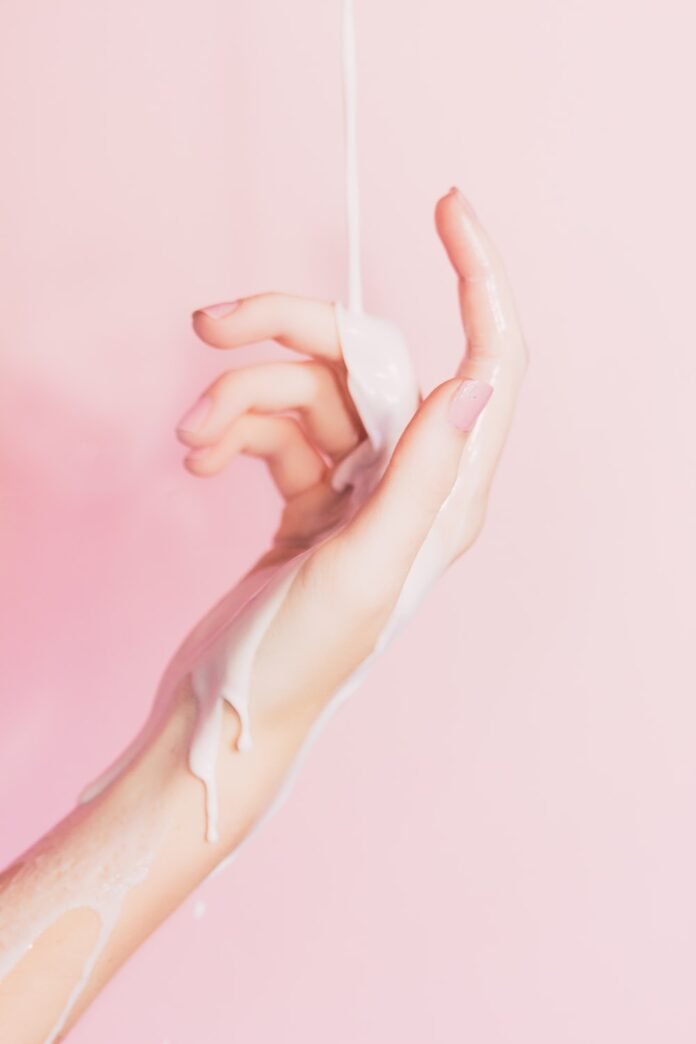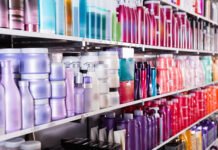Cosmetic policy is a misnomer. The FDA (Food, Medication, and Cosmetic Act) was produced in 1938 and is the designated federal government firm that ought to control the Aesthetic Sector as well as the Food and also Medication Industries. Nevertheless, although it does a fair job in food and medications, it practically has turned its back on cosmetics and also allows it to regulate itself.
Cosmetics have a really abundant background and also from the time of the Egyptians to current day the fascination for fair, lovely skin has assisted this topdealsguiders sector to expand and also flourish to over 50 billion bucks each year. The Cosmetic Sector, in all nations, is regulated by government bodies as well as agencies. These firms presumably remain in place for the objective of keeping a tab on the high quality of aesthetic products that are being created. Cosmetic guideline of personal treatment products that are produced is the main responsibility of these bodies. Consequently, in theory at finest, United States aesthetic laws for personal treatment products resides the FDA.
The concern becomes is the FDA absolutely managing or controling the Aesthetic Market?.
The guidelines framed under the FDA are quite similar to various other countries yet there are specific special attributes. Though one of the FDA’s features is to control the Aesthetic Sector, it offers more emphasis on the policy of food and drugs. For medications that are made in the US, prior to their tiptokart launch into the market, they will certainly need the essential accreditation from the FDA. Nonetheless, due to the fact that individual care products are ruled out to be food or medicines, they require no prior certification by the FDA or any other governing body before they are presented right into the marketplace. Actually, the FDA relies entirely on the discretion of the aesthetic firms to figure out the safety and security of products marketed to consumers. If the cosmetic company says their new product is safe, it is allowed to go to market without any pre-market testing. Therefore, in effect, cosmetic regulation is left up to the cosmetic companies and thus, is a self-regulating industry.
The following are direct quotes from the FDA website:.
” Cosmetic products and ingredients are not subject to FDA pre-market a1dealsonline approval authority, with the exception of color additives.”.
” Cosmetic firms are responsible for substantiating the safety of their products and ingredients before marketing.”.
According to the FDA there are specific definitions for cosmetics and drugs and one must first go through them to understand the fine difference that exists. Cosmetics are the articles that are sprinkled, poured, applied or rubbed shoppingstops on the body to clean, promote, beautify or even alter one’s appearance. Some of the products that fall under this category are perfumes, hair colors, toothpastes, lipsticks, eye and facial makeup, shampoos, fingernail polishes, skin moisturizers, permanent waves, and deodorants. This even includes the ingredients that may be used as a component to manufacture the cosmetic products.




